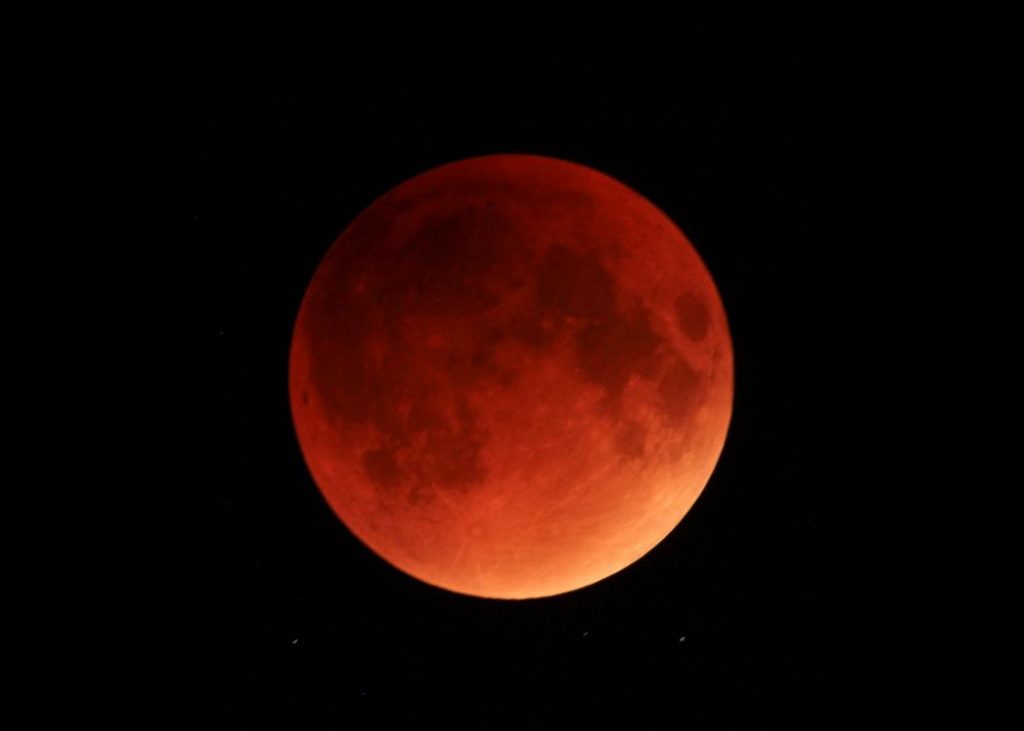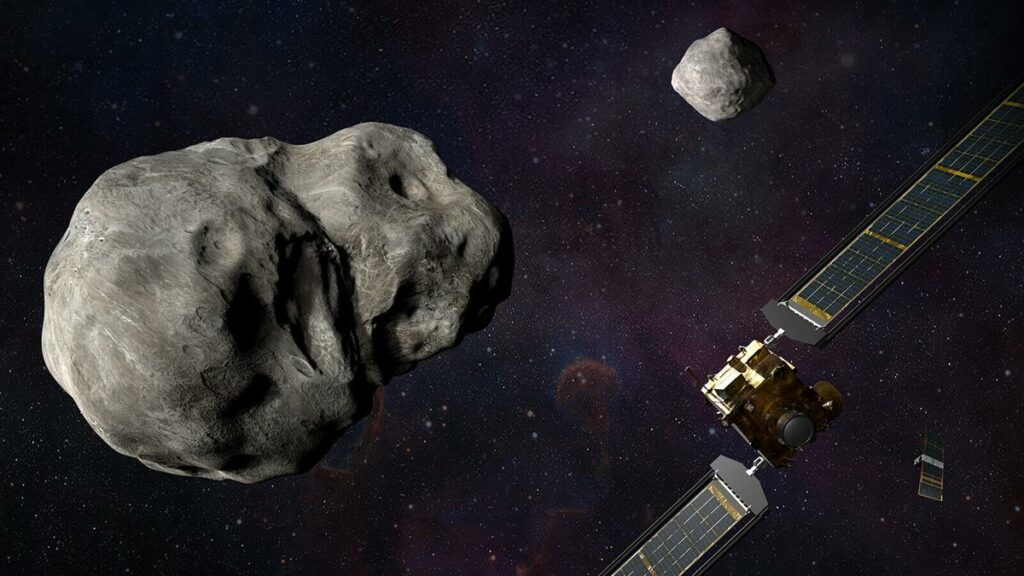A lunar eclipse is due on July 28 that will be viewed across the globe but unfortunately, not in the United States. A lunar eclipse occurs when Sun, Earth, and Moon align in this specific order and Earth cast shadow on the moon. On July 28, the moon will enter under the Earth’s shadow or Umbra for a period of four hours. The eclipse totality which is the position of the Earth and the moon in such a way that Earth’s umbra will cast its shadow on the moon as opposed to the silvery surface of the moon that is viewed. This phenomenon will last for a period of 1 hour and 43 minutes.
It will be the longest lunar eclipse to occur this century with a total duration of 103 minutes and will be clearly visible from the Middle East, eastern Africa, Australia, parts of Asia and Europe but unfortunately, NASA has stated that the lunar eclipse will not be visible in the United States. The space agency stated that the moon will pass above Canada towards the Northern Europe through the Atlantic Ocean. The moon will pass in the low horizon when it starts getting dark when it will pass through the United States.
But the best thing to notice about this lunar eclipse is that it will be dull-red stained. It is because the sunlight coming from the sun will be refracted by the upper atmosphere of the Earth which experiences sunset and sunrise. Due to refraction of the sunlight, only reddish hues will reach the moon through Earth and thus, the moon will be dull-red in color. The transformation of the moon turning into a reddish orb will be seen during the night.
This year was exciting for skywatchers as earlier this year in March, we saw super blue blood moon that came up as the second full moon in March and was named after several coincidences and ancestral stories. The moon was also at its closest distance from the Earth during the super blue blood moon, however, for the upcoming lunar eclipse to occur on July 28, the moon will be at apogee which is the farthest distance of moon on its orbit from the Earth. It will be the longest eclipse of 103-minute duration and just four minutes less than the maximum duration of the eclipse that can occur.


